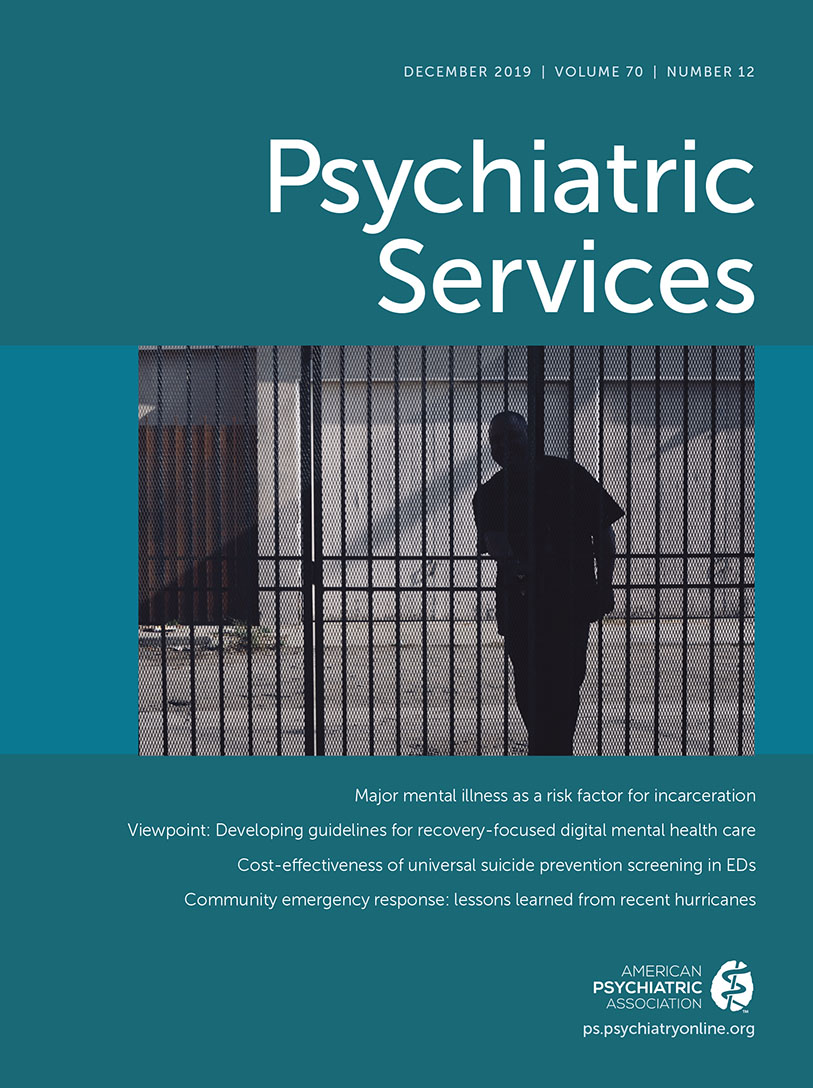Resilience: Management for the Disease of Physician Burnout: In Reply
IN REPLY: We appreciate the thoughtful response to our Open Forum (1) and concur with many of the points raised. We agree that there are stressful experiences inherent to the work physicians perform—difficult patient encounters, complex diagnostic challenges, and bad outcomes, to name a few—and a certain amount of personal resilience should absolutely be encouraged in order to overcome these inevitable difficulties. These challenges have been, and will continue to be, a cornerstone of the practice of medicine. Managing and overcoming them can be personally and professionally rewarding, and we believe that many physicians value the opportunity to solve problems and help patients in their most vulnerable moments, as well as advocate for change. For some, promoting resilience initiatives has helped empower other providers and elevate self-care.
However, we also believe that there are many challenges brought forth by systematic issues outside of the practice of medicine that affect physicians’ ability to work and cannot be solved through a focus on cultivating personal well-being or resilience. In addition, although we agree that properly implemented wellness programs can certainly be helpful in supporting practitioner well-being, we maintain that the discourse of resilience shifts the blame for—and situates the origin of—systemic problems onto the individual and promotes acquiescence to the status quo. We also acknowledge that the dichotomy between the personal and the systemic is somewhat artificial, and it is difficult to disentangle all of the complex issues (including nuanced and constantly changing electronic health record systems, insurance limitations, and changing work volume and efficiency demands) facing our profession. Resiliency initiatives should indeed not be the metaphorical babies thrown out with the bathwater, but we must caution against systematization of wellness programs that enforce particular ways of cultivating resilience (e.g., mandatory wellness lunchtime lectures or workshops and required wellness events outside of work hours, including assigned wellness readings) that often and increasingly infringe on physicians’ personal time and individual choices. Resilience is important, but wellness initiatives should be malleable and optional for individuals. Perhaps initiatives that also focus on how to advocate for larger change may best incorporate the personal with the institutional and political. In summary, we do not believe that providers suffer “burnout”; instead, they are frequently victims of systematic and increasingly internalized “arson.”
1 : Resilience, resistance: a commentary on the historical origins of resilience and wellness initiatives. Psychiatr Serv 2019; 70:737–739. Available at doi: 10.1176/appi.ps.20180047731084290Link, Google Scholar




